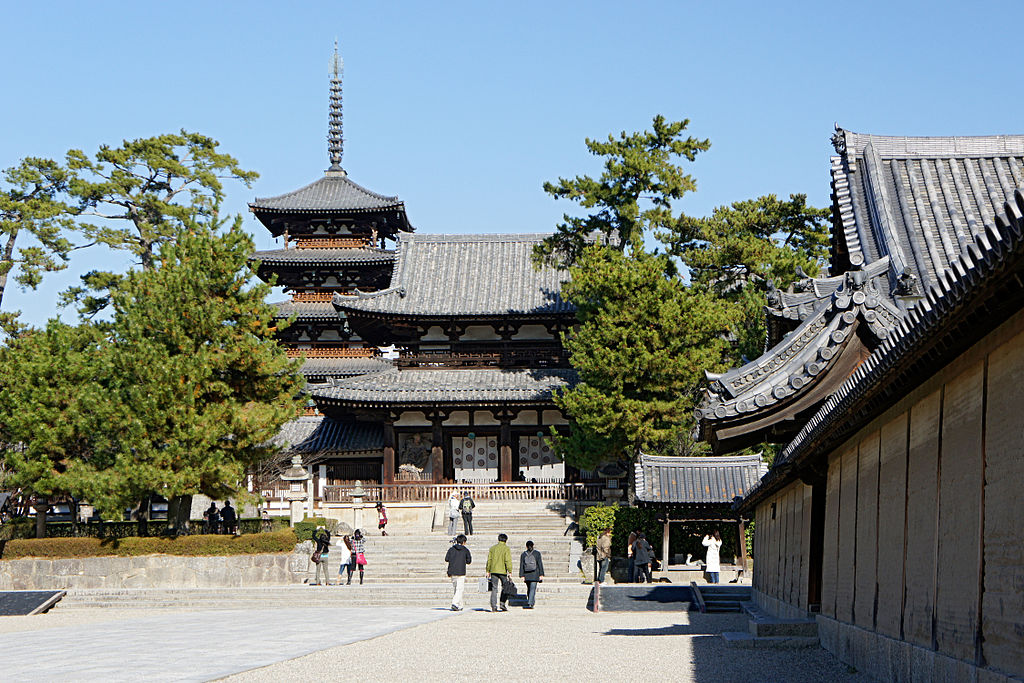Cars¶
“Dong!” (clAp-cLap) “DONG!” (clAp-cLap) “Where is daddy’s AU-TO-MO-BILE?”
Most of our contracts state that we CAN own and operate a vehicle for anything, including commuting to and from our base schools and offices. Using a vehicle for work-related activities, however, does require the permission of your supervisor. So with that settled, if you’re thinking of getting a car, here’s some points to keep in mind.
Purchasing a car¶
There are basically two types of cars in Japan: joyousha and kei. Joyousha are larger cars, 4wd’s, trucks, etc. (what most of us call automobiles at home), and have white license plates. Kei (meaning ‘light’ [weight]) cars, trucks and vans have smaller engines, smaller bodies, and yellow license plates. In my experience, unless someone is giving you a joyousha for free, kei is the way to go. Why?
Shaken (registration): For larger cars registration can be double or triple what it is for a kei (usually around ¥120,000 for two years). (Car dealer will take care of this for you.)
Zeikin (tax): An automobile tax has to be paid to the local government every year, and the rate is set by the make and model of your car. Most joyoushas run about ¥40,000 a year. My kei cost me ¥4,300 this year. (You’ll get the bill from the gov’t)
Shakoshomei (Proof of a Parking Space): While most prefectures in Japan require proof of a parking place for all automobiles, regardless of size, Nara still only requires proof for joyousha.
Hokken (Insurance): Keis, being cheaper to begin with, are a lot cheaper to insure. (Ask a Japanese friend or colleague with a car to introduce you to her/his insurance person.)
Random: Kei cars, trucks and vans are smaller…but so are the roads. They get very good gas mileage, and usually you can pick something up for relatively cheap. Shop around. Better yet, ask around, and see what you can come up with. Also, talk to any JETs in your area who have a car, and see what they recommend.
Car rental¶
Also, if you’re not thinking of buying a car but think you might want to use one to get out into the mountains for some hiking, perhaps to visit a friend that lives in the boonies, to take a weekend road-trip, or just to get out and drive, why not rent a car? All you need is an international driver’s license and some other form of identification. Cars are rented on a daily basis starting at about ¥6,000 for a kei-car. You have to cover gas yourself, but if there are a few people splitting the cost, it could be cheaper than taking the train!
A caveat about driving in Japan¶
Finally, a word on owning and driving a car in Japan. As a teacher and a driver you will be able to witness the true Orwellian world that is being a Japanese car owner. About twice a year, your community will have “traffic safety” week which will mean random speed checks in your town and random speeches at your school. This will probably be a chance for folks at your school to again express their concerns over your driving. They will wonder again if you can truly handle the nuances of driving on the “other side” of the road (even if you are from the U.K., Ireland, Australia, or New Zealand), if you really have the spirit of being a safe driver in your heart, and if you truly can drive safely a week after a centimeter of snow has fallen. This will often cause the knee-jerk reaction in the you to spurt out at the concerned party: “Hey, weren’t you the jerk that passed me at 120 KPH in that one-lane curved tunnel with their lights off yesterday!!??!!??” Luckily, when you say this, the person speaking with you will lose all ability to process Japanese or English and will not understand a thing you are saying.
The fact is this - while driving you will see some simply mind-bogglingly stupid driving maneuvers. You will wonder at people’s ability to literally park right in the middle of the road and not seem to care. You will probably witness some of this foolishness being performed by people you work with who apparently aren’t being warned by their principal to drive carefully. What is important is to stay cool behind the wheel and drive defensively. In this country, defensive driving can save your life ‘cause despite all the Kotsuanzen(transportation safety) in the world, the Japanese drive offensively if anything. Carry a small Japanese-English/English-Japanese dictionary in your glove compartment in case of emergencies. Also keep a copy of your auto and health insurance cards in case of an accident. Also important: develop a good relationship with the police in your town to help head off the “it was the gaijin’s fault” accident scenario….
